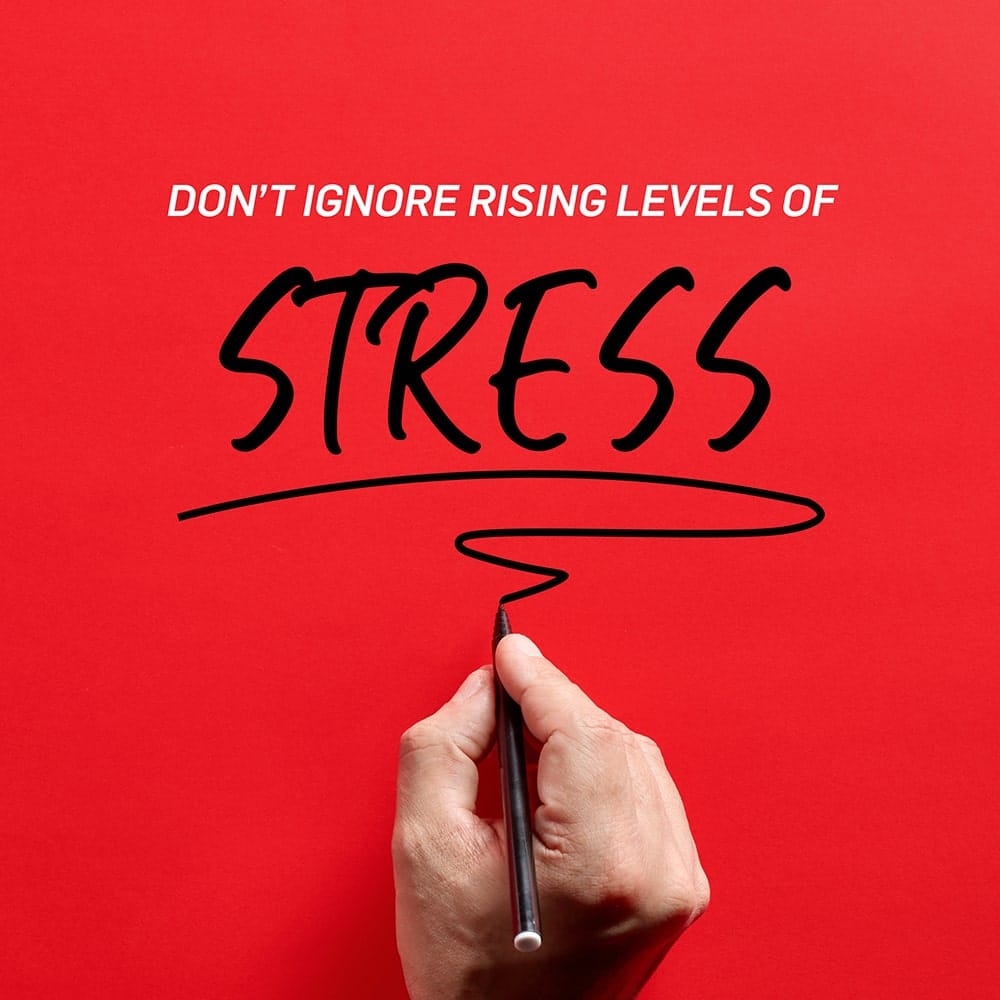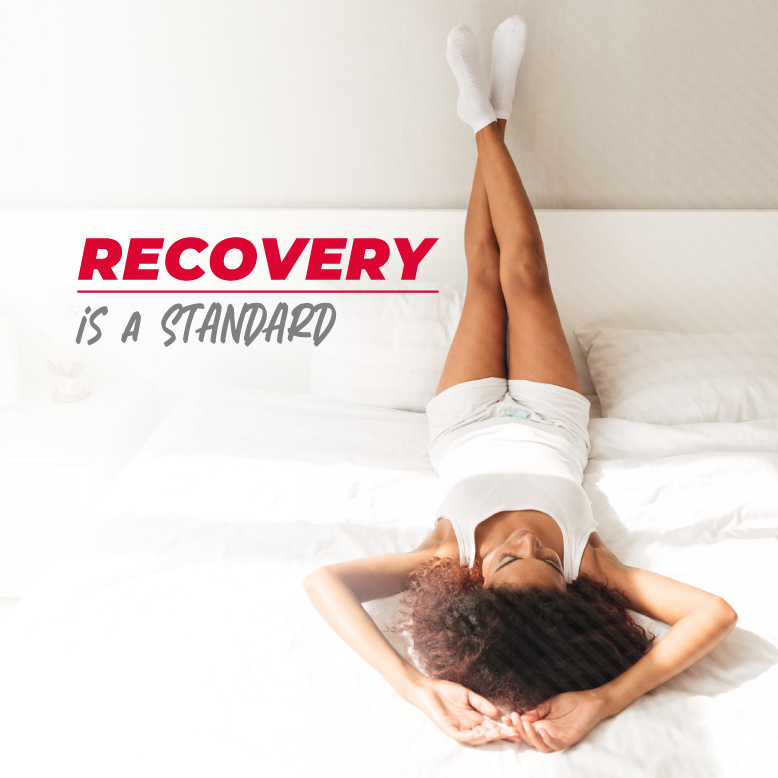
It is vital to find healthy ways to deal with stress, particularly as we continue to go about our lives during this unprecedented period. Numerous studies (see references at end) from across the globe affirm the pandemic’s mental health impact, which is causing more stress, greater anxiety and even depression.
Understanding the stress response
Ultimately, our body’s response to stress is the same. Impose any stress on your mind and body, whether it’s work-related, emotional stress, physical trauma, environmental stress, intense or prolonged exercise, or psychological stress, and it you will eventually impact your health.
Overloading your system with multiple stresses can have serious consequences. While some degree of acute stress is beneficial because it forces the body to adapt, leaving stress unchecked can lead to various health issues.
Common stress-related conditions include:
We need to manage stress and find ways to deal with it in all its forms. Taking a proactive approach to stress management will help us achieve and maintain optimal health and wellness. Follow these steps to take control of rising stress levels:

Become a super sleeper. A lack of adequate sleep has been directly linked to a host of health-related issues. Firstly, it hampers our immune response as levels of the stress hormone cortisol rise.
Chronically elevated cortisol levels can also break down muscle, increase fat storage, and may harden arteries, which can cause hypertension. An additional health issue related to cortisol dysregulation includes accelerated bone loss.
And cortisol reduces those feel-good hormones and neurotransmitters like serotonin and dopamine in the brain, which is linked to depression.
Become a better sleeper by:
See More: Biogen Sure Sleep
Naps can also help. A study published in the Journal of Clinical Endocrinology & Metabolism in 2015 determined that a 30-minute daytime nap was able to restore hormonal function and raise levels of proteins involved in stress management and immune system function back to normal following two nights of severe sleep deprivation.

Move more and move more often. Some light exercise, particularly cardiovascular activity, is a great way to manage stress without exacerbating the situation with intense physical exertion.
Physical activity helps to calm the nervous system and releases endorphins, which are neurotransmitters that improve your mood. A walk or some yoga are great options.
Exercise also releases tension by distracting you from daily worries, while the improvements it makes to your cardiorespiratory system enables your body to cope with daily stress more effectively. And activities like yoga help to clear the mind and relax the body.

Eating a wholesome diet that is rich in micronutrients – vital vitamins and minerals – can support your health by improving detoxification, bolstering the immune system and supporting the nervous (including your brain) and hormonal systems to make you more resilient to stress.
Eating a nutritious and balanced diet that provides adequate amounts of the macronutrients will provide additional stress-reducing benefits. Complex carbohydrates, proteins (which are vital to produce neurotransmitters), fats (to produce hormones) and micronutrients all play specific and important roles in stress management.
However, modern food production and preparation techniques mean we don’t always get sufficient nutrients from the food we eat. In these instances, supplementing with well-formulated vitamin and mineral products, like those found in the Biogen Platinum range, can help to support your body and plug any nutritional gaps that may exist in your diet.
The Biogen Platinum Series offers a full range of vitamins, minerals, herbal and anti-ageing products. This extensive range caters for numerous needs with daily multivitamins, antioxidants, B-vitamins, and vitamins C, D, and E, as well as magnesium and essential fatty acids.
Other supplements are specifically formulated to support the body’s immune system in response to rising stress.
For example, Biogen Stress Relief is a proprietary formula of selected botanicals that may support stress management.
And a product like Biogen Adrenal Assist can help to support adrenal gland function, which tends to take strain during prolonged or intense periods of stress as these organs produce the stress hormones, adrenaline and cortisol.
Studies also show how and when you consume your nutrients can make a difference. For instance, limiting food intake to an 8-hour window each day, commonly known as intermittent fasting, can benefit your body by reducing oxidative stress.
Fasting reduces the amount of free radicals that accumulate in cells, which helps to prevent excessive oxidative damage to the proteins, lipids and nucleic acids in cells. This damage is often associated with ageing and disease.
Eating this way can also increase your resistance to stress. Fasting induces a cellular stress response similar to that from exercise. This process up-regulates gene expression in cells, which increases the capacity to cope with stress and resist disease and ageing.

Mindfulness and meditation are powerful tools that can help you manage and reduce stress by making you more mentally resilient.
Regular meditators gain better control of their thoughts, emotions and feelings, and experience various benefits, including improved stress tolerance, less anxiety and depression, better mental clarity, concentration, focus, calmness, and emotional positivity.
Regular mindfulness practices, which include meditation, breathing exercises, body scans and yoga, also help to manage and reduce the natural stress response.
In fact, research published in the Clinical Psychology Review journal, which reviewed more than 200 studies of mindfulness among healthy people, found that mindfulness-based therapy was especially effective at reducing stress, anxiety and depression.










